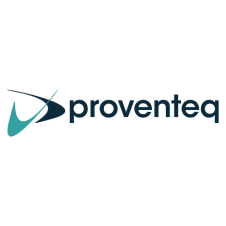TOP STORY
JSA is recognized as a leading national law firm providing legal services to top Indian corporates, Fortune 500 companies, multinational banks and financial institutions, governmental and statutory authorities, and multilateral and bilateral institutions.

FEATURED STORIES
International law firm Fieldfisher uses sa.global’s evergreen solution to transform processes
Fieldfisher, an international law firm headquartered in London, uses Microsoft Dynamics 365 and sa.global’s legal solution – evergreen – to transform the way they work and operate.
Latimer Hinks choose ‘highly recommended’ Linetime to manage efficiencies
Latimer Hinks choose Linetime
Kerseys and VirtualSignature on conveyancing
SmartSign and SmartForms enhance Kerseys' Visualfiles experience
How Exizent helped a medium-sized Scottish law firm cope with a heavy executry workload
Your path to future-proof telecommunications with Agilico
Wright Hassall choose Linetime to consolidate software into one solution
Wright Hassall choose Linetime
Sharp Tudhope Lawyers and Practice Evolve
Sharp Tudhope Lawyers' strategic transition with PracticeEvolve








